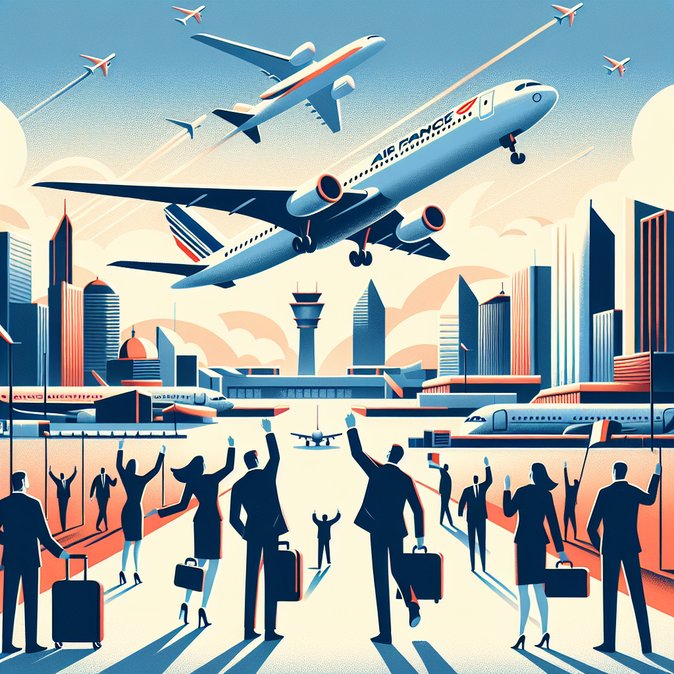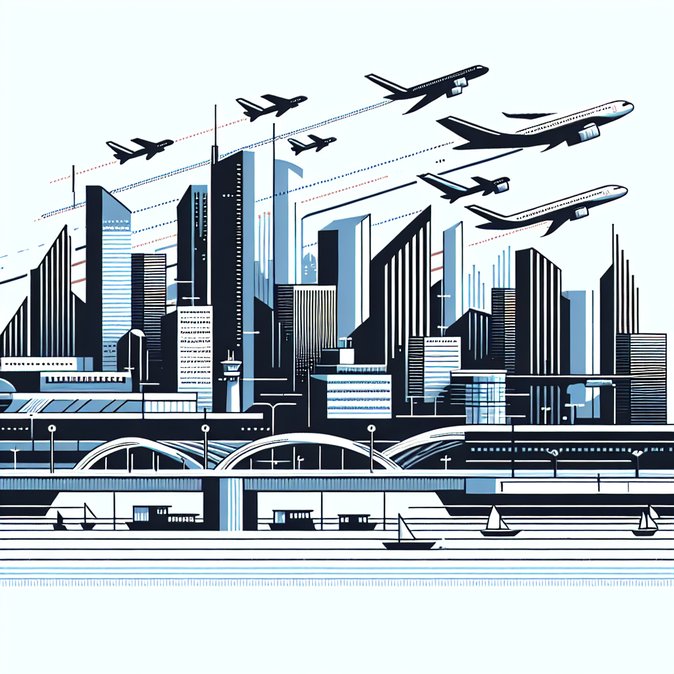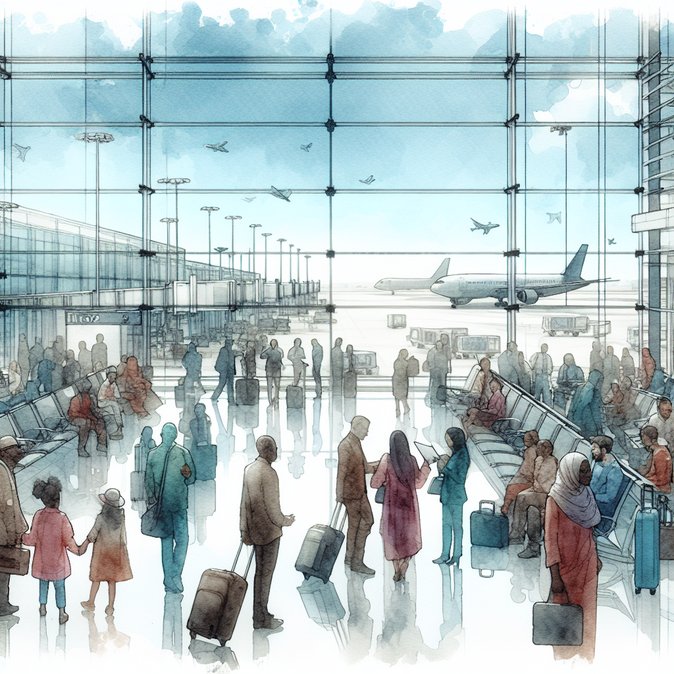
After a week of rolling industrial action by three air-traffic-controller unions, Air France reported near-normal operations on 1 November, running 91 % of scheduled services. A company bulletin said no last-minute cancellations occurred at Charles-de-Gaulle or Orly, and 82 % of departures pushed back less than 15 minutes late.
The improvement follows the withdrawal of two smaller unions from the dispute after the government agreed to open talks on staffing levels and radar-system modernisation. Major low-cost carriers Ryanair and easyJet, which had cancelled dozens of flights earlier in the week, also resumed near-full programmes.
![Air France operates 91 % of flights on 1 November as strike loses steam]()
For business travellers, the easing means greater reliability heading into the critical year-end conference season. Nevertheless, global mobility teams are urged to keep flexible tickets because the largest union, SNCTA, has not ruled out further action if negotiations stall. Companies should also remind employees that EU air-passenger-rights rules entitle them to rerouting or hotel costs if delays exceed three hours.
Air France, for its part, says it will prioritise long-haul rotations and high-yield corporate routes should additional strikes materialise, an approach that favours transatlantic and Asia-Pacific connections but could squeeze domestic capacity.
The episode underscores ongoing fragility in France’s aviation labour landscape. While mobility planners can breathe a sigh of relief this week, they should retain contingency budgets and consider rail alternatives for intra-European trips.
The improvement follows the withdrawal of two smaller unions from the dispute after the government agreed to open talks on staffing levels and radar-system modernisation. Major low-cost carriers Ryanair and easyJet, which had cancelled dozens of flights earlier in the week, also resumed near-full programmes.

For business travellers, the easing means greater reliability heading into the critical year-end conference season. Nevertheless, global mobility teams are urged to keep flexible tickets because the largest union, SNCTA, has not ruled out further action if negotiations stall. Companies should also remind employees that EU air-passenger-rights rules entitle them to rerouting or hotel costs if delays exceed three hours.
Air France, for its part, says it will prioritise long-haul rotations and high-yield corporate routes should additional strikes materialise, an approach that favours transatlantic and Asia-Pacific connections but could squeeze domestic capacity.
The episode underscores ongoing fragility in France’s aviation labour landscape. While mobility planners can breathe a sigh of relief this week, they should retain contingency budgets and consider rail alternatives for intra-European trips.










